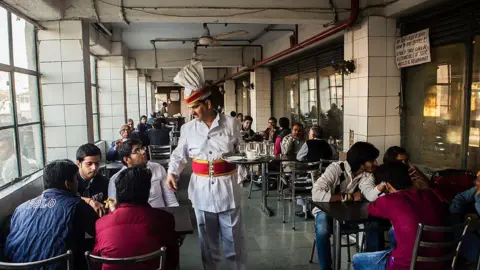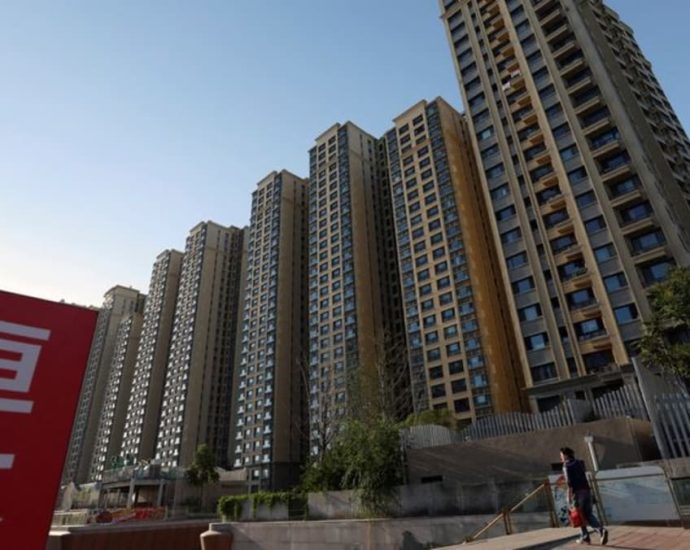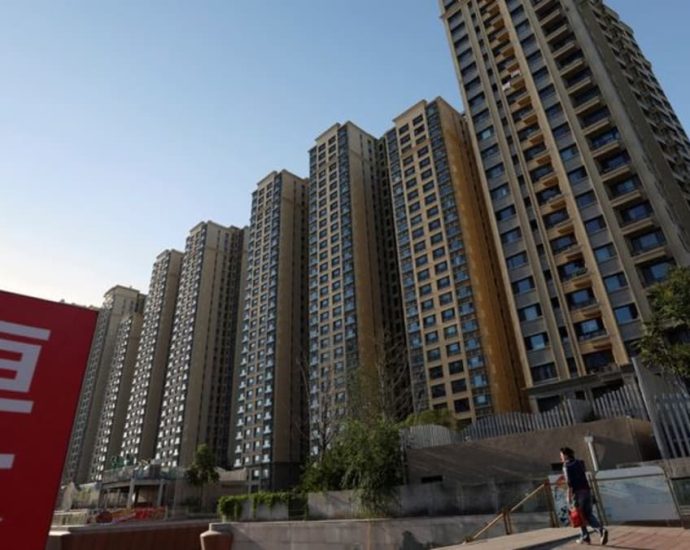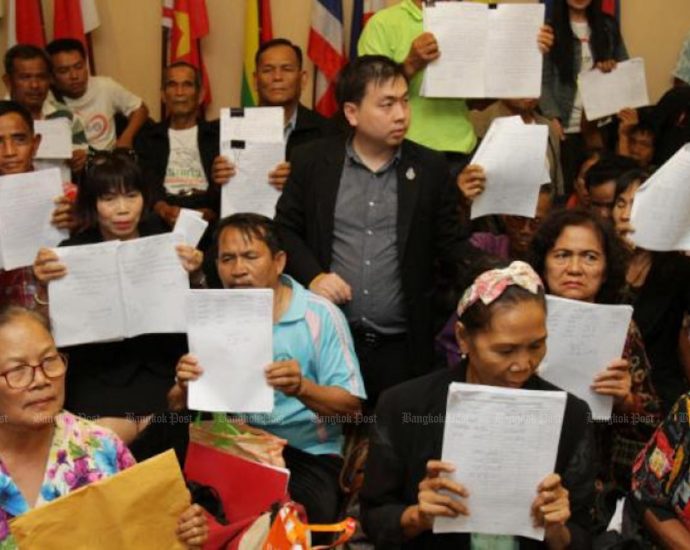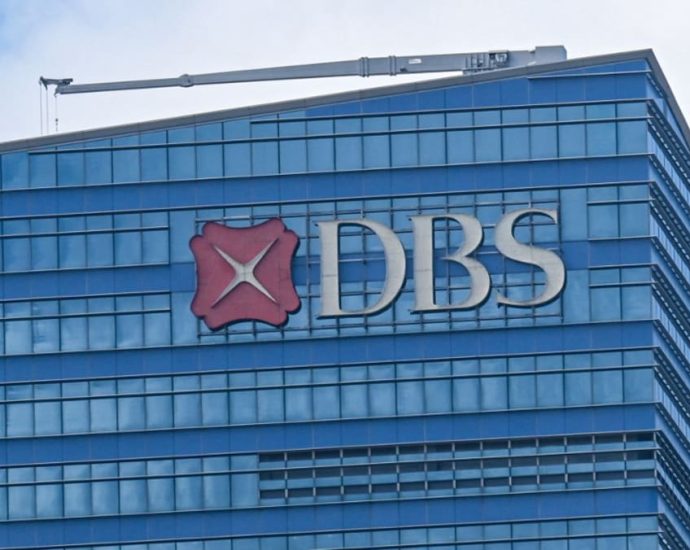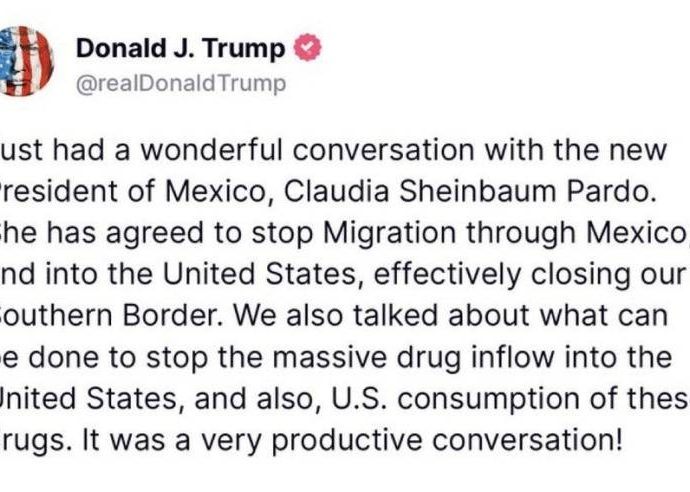Flood victims in Southern Thailand to get cash aid

Deputy Prime Minister Anutin Charnvirakul said the government intends to compensate every household affected by flooding in the South with 9,000 baht in a similar fashion to payouts made to those recently affected by floods in the North.
Mr Anutin, also the Interior Minister, said the flood situation should improve as weather forecasters predict a decrease in rainfall from now on.
Local authorities are assessing the damage, both to people’s houses and public utilities in areas where the water has caused damage.
He said the government has approved 70 million baht for emergency use in flooded provinces.
The Department of Disaster Prevention and Mitigation (DDPM) is also coordinating with local authorities in what were declared official disaster areas. “In principle, the payment of 9,000 baht per household should be applied to the South just as it was for those hit by floods in the North,” he said.
Then the money will be transferred directly to the accounts of each flood victim if the measure is approved by the cabinet.
Phatsakorn Bunyalak, DDPM director-general, said the heavy downpours that began on Thursday have resulted the worst flooding seen in the South in decades.
The flood inundated 640,581 homes in 87 districts across 10 provinces and claimed the lives of 12 people, he said. Townships were underwater and locals stranded.
Prime Minister Paetongtarn Shinawatra will visit flood victims in Songkhla and Pattani on Friday and has ordered Prommin Lertsuridej, the PM’s secretary-general, to expedite assistance.
Meanwhile, the Ministry of Finance will order state financial institutions including the Government Savings Bank to offer 50 billion baht in soft loans with favourable interest rates to help people and businesses affected by the floods get back on their feet, said the Ministry permanent secretary Lavaron Sangsnit.
There will also be other debt relief measures, interest rate reductions and repayment extensions, he added.





